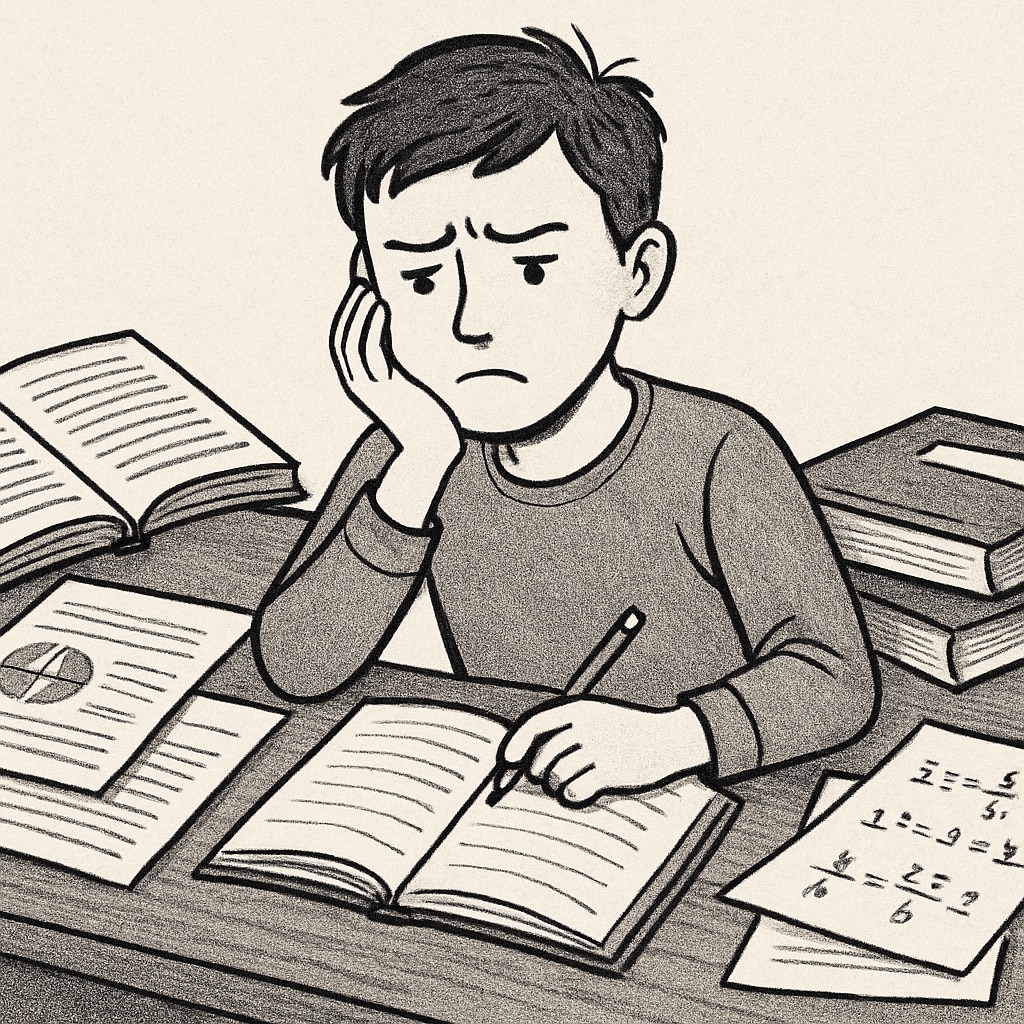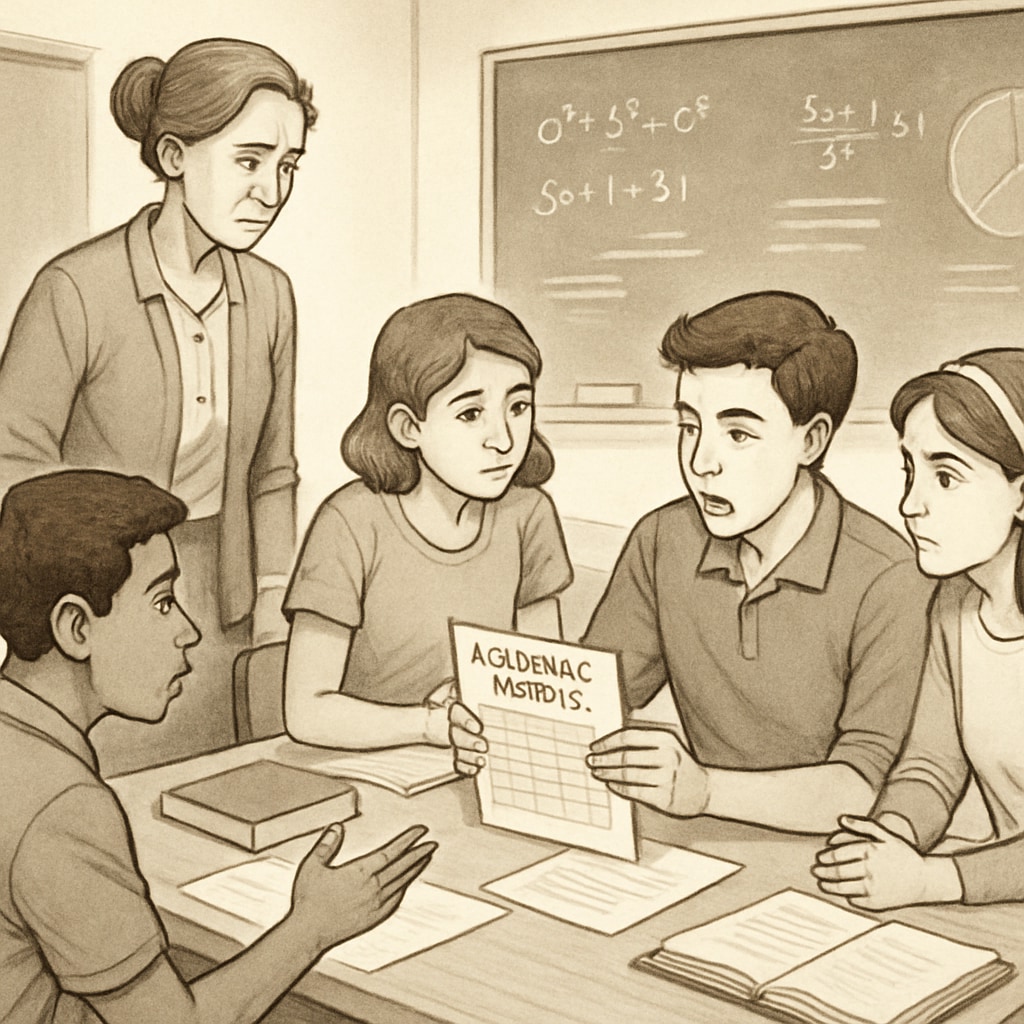Academic appeals, teacher misconduct, and grade disputes are critical issues affecting students in K12 education. When students face unfair academic evaluations, the repercussions often extend far beyond the classroom, impacting their confidence, motivation, and future opportunities. Despite the existence of appeal mechanisms, many students find the process daunting, opaque, and ineffective. This article delves into the systemic challenges surrounding academic appeals and provides concrete recommendations to create a fairer and more transparent academic landscape.
Challenges in Academic Appeal Processes
One of the most significant hurdles for students is navigating the complexities of appeal systems. These mechanisms, while intended to provide recourse, often fail due to several structural flaws:
- Lack of Transparency: Many students are unaware of the specific procedures or criteria involved in filing an appeal. This lack of clarity often discourages them from pursuing their case.
- Power Imbalance: The appeal process frequently pits students against teachers or administrators, creating an intimidating environment that deters students from speaking up.
- Insufficient Support: Schools often lack dedicated resources, such as student advocates or legal advisors, to guide students through the appeal process.
These issues not only undermine the effectiveness of appeal systems but also perpetuate a culture where students feel powerless to challenge unfair assessments.

Impact of Unfair Evaluations on Student Development
The consequences of unfair academic evaluations are profound and multifaceted. For example:
- Emotional Impact: Students often experience feelings of frustration, hopelessness, and even anxiety when subjected to unjust assessments.
- Academic Demotivation: Unfair evaluations can lead to a decline in academic engagement and performance, as students may feel that their efforts are not being recognized.
- Long-Term Consequences: In some cases, inaccurate grades can affect college admissions, scholarship eligibility, and career opportunities.
As a result, students are left grappling with both immediate and long-lasting effects, underscoring the need for a more equitable system.

Building a Fair and Transparent Appeal System
To address these challenges, schools and educational institutions must implement reforms that prioritize fairness and transparency. Key recommendations include:
- Clear Guidelines: Establish well-defined appeal processes that are easily accessible and understandable for students.
- Neutral Committees: Create independent appeal committees composed of educators, administrators, and student representatives to ensure impartiality.
- Student Advocacy: Provide resources such as trained advocates or counselors to assist students in navigating the appeal process.
- Regular Reviews: Conduct periodic evaluations of the appeal system to identify and address shortcomings.
By implementing these measures, schools can foster a culture of accountability, empowering students to speak up against unfair practices without fear of repercussions.
In conclusion, academic appeals, teacher misconduct, and grade disputes are complex issues that require thoughtful and proactive solutions. By addressing the flaws in current systems, educational institutions can ensure that every student is treated fairly, ultimately paving the way for a more inclusive and equitable academic environment.
Readability guidance: This article uses clear language, short paragraphs, and lists to improve readability. Transitions such as “however,” “for example,” and “as a result” ensure smooth flow between ideas, while actionable recommendations provide practical insights for readers.


